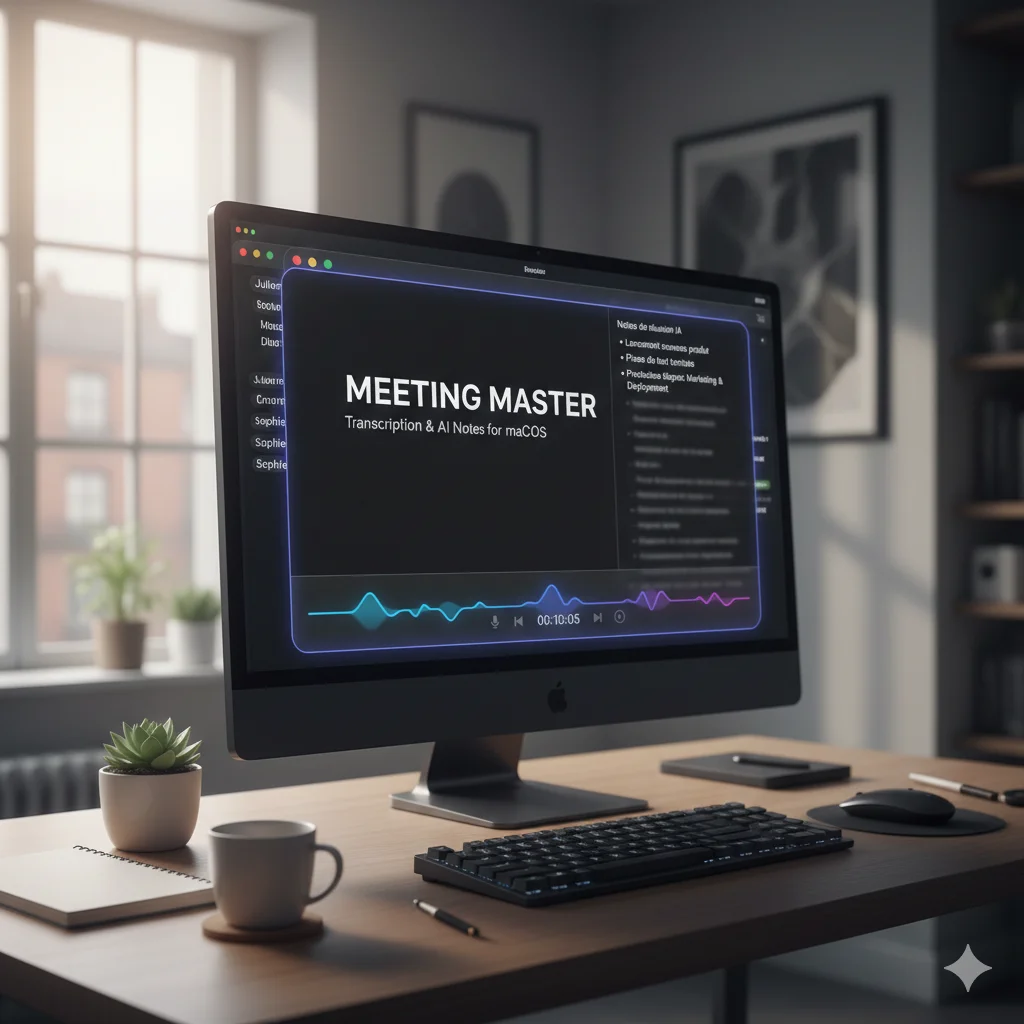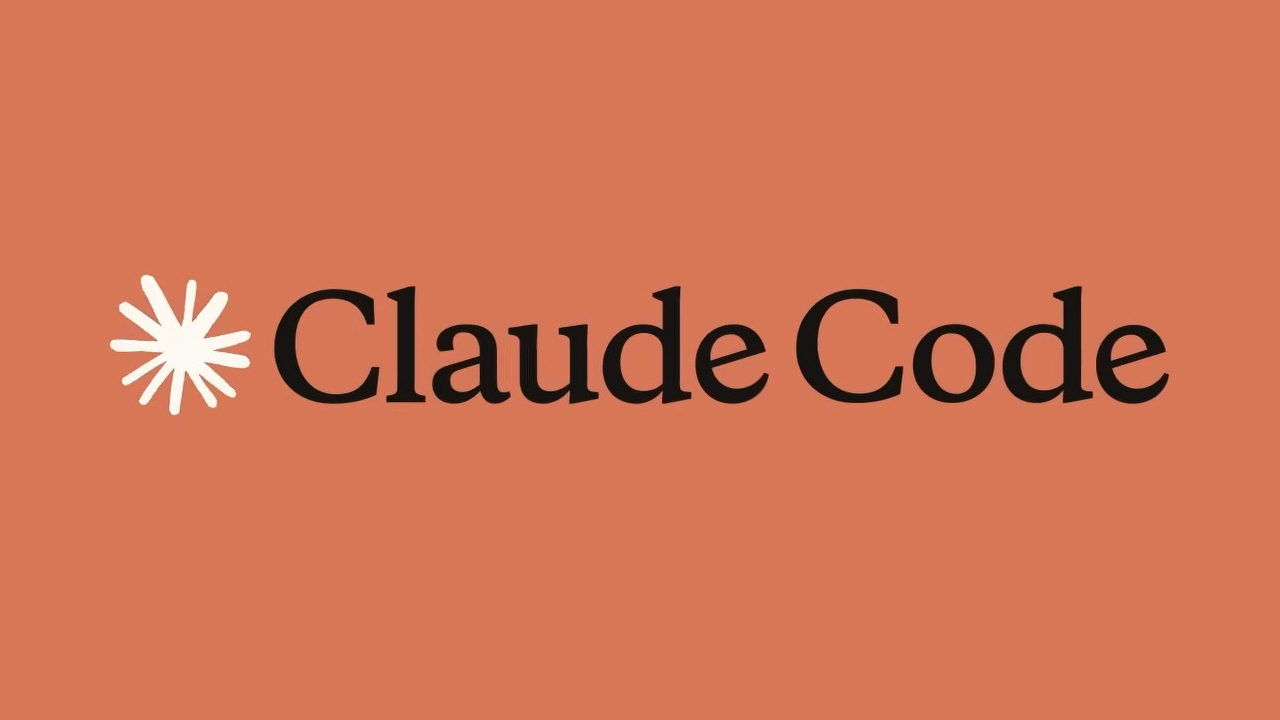Developing GameBoy games in 2025 is a fascinating challenge that blends nostalgia with extreme technical constraints. But what if we could use TypeScript — with all its modern power and features — to create retro games? This is exactly the problem I wanted to solve with GBTS (GameBoy TypeScript).
The Problem: Between Nostalgia and Technical Complexity
Traditional GameBoy development involves:
- C programming with archaic tools
- Manual memory management in an ultra-constrained environment
- Complex optimizations to respect hardware limitations
- Huge learning curve for modern developers
I had started using ts2c, a TypeScript to C transpiler, but quickly realized its limitations. With the emergence of LLMs and their ability to understand and transform code, I saw a revolutionary opportunity.
The Solution: GBTS, Intelligent AI-Powered Transpilation
GBTS is a CLI that transforms TypeScript code into GameBoy-optimized C code, using artificial intelligence for intelligent and contextual transpilation.
Revolutionary Architecture: The 2-Pass System
# Simple installation
npm install -g gbts
# Transpile a file
gbts --path hello-world.ts
# Process complete project
gbts all --path ./my-gameboy-game/
GBTS’s key innovation lies in its 2-pass architecture:
- First pass: Complete project analysis to understand structure
- Second pass: Contextualized transpilation with GameBoy optimizations
Advanced Technical Features
Multi-Provider AI with Automatic Fallback
{
"ai": {
"provider": "openrouter",
"model": "claude-3.5-sonnet",
"fallback": ["openai", "claude"]
}
}
GBTS supports Claude Sonnet 4 and GPT-4, with automatic fallback in case of unavailability. This redundancy ensures maximum uptime.
Intelligent Dependency Management
// game.ts
import { Sprite } from './graphics';
import { SoundEngine } from './audio';
class GameBoy {
private sprite: Sprite;
private sound: SoundEngine;
initialize(): void {
// GBTS automatically understands relationships
this.sprite.load("hero.png");
this.sound.playBGM("theme.wav");
}
}
The AI analyzes all project dependencies simultaneously, avoiding transpilation inconsistencies that plague traditional tools.
Smart Caching and Cost Optimization
# Automatic result caching
gbts --path game.ts # First run: API called
gbts --path game.ts # Subsequent runs: cache used
The caching system drastically reduces API costs while accelerating the development workflow.
Practical Example: Hello World GameBoy
TypeScript Source Code
// hello-world.ts
function main(): void {
console.log("Hello GameBoy World!");
// Simple main loop
while (true) {
// Basic game logic
updateGame();
}
}
function updateGame(): void {
// Game update logic
}
main();
Optimized C Result (AI-generated)
#include <gb/gb.h>
#include <stdio.h>
void updateGame(void) {
// Game update logic
}
void main(void) {
printf("Hello GameBoy World!\n");
// Simple main loop
while (1) {
updateGame();
}
}
The AI understands GameBoy context and generates idiomatic C code with proper libraries and memory optimizations.
Current Limitations and Evolution
GBTS is an actively developed project with important limitations to consider:
Technical Limitations:
- Complex projects: Transpilation may fail on very advanced TypeScript architectures
- External APIs: Web or Node.js API usage is not supported (GameBoy has no network access)
- Third-party libraries: Limited support for complex npm packages
- Advanced types: Some sophisticated TypeScript types may cause issues
Usage Constraints:
- AI dependency: Requires internet connection and API credits
- Costs: Large projects may generate significant API fees
- Performance: Transpilation can be slow on big projects
Project Evolution: GBTS is designed to evolve significantly. Pull Requests are highly encouraged! Priority contribution areas:
- GameBoy API extension (audio, graphics, controllers)
- Complex transpilation patterns improvement
- Cost optimization and intelligent caching
- Broader TypeScript ecosystem support
- Documentation and practical examples
Development Workflow Revolution
Before GBTS: Traditional Workflow
- Learn C for GameBoy (several weeks)
- Configure complex toolchain (SDCC, makefile, etc.)
- Develop in C with extreme memory constraints
- Debug without modern tools
- Manually optimize every instruction
With GBTS: Modern Workflow
- Write in TypeScript (familiar language)
- Transpile with AI (
gbts --path game.ts) - Compile automatically (integrated SDCC)
- ROM generated directly
The productivity gain is significant: from weeks to hours to create a functional GameBoy game.
Installation and Configuration
Technical Prerequisites
# Node.js 18+
node --version
# GBTS installation
npm install -g gbts
# API configuration (one of the options)
export OPENROUTER_API_KEY="your-key"
export CLAUDE_API_KEY="your-key"
export OPENAI_API_KEY="your-key"
Advanced Configuration
{
"gbts": {
"ai": {
"provider": "openrouter",
"model": "anthropic/claude-3.5-sonnet",
"maxTokens": 4000,
"temperature": 0.1
},
"output": {
"directory": "./output",
"optimizationLevel": "high"
},
"cache": {
"enabled": true,
"ttl": 3600
}
}
}
Vision and Evolution Perspectives
GBTS represents more than a simple transpiler: it’s a new approach to retro gaming development.
Upcoming Features
- GameBoy Color support with advanced color management
- IDE integration (VS Code extension)
- TypeScript debugging with assembly mapping
- Pre-configured game templates
- Specialized AI optimizations by game genre
Community Impact
GBTS democratizes GameBoy development by:
- Reducing technical barriers to entry
- Accelerating retro game prototyping
- Modernizing the development ecosystem
- Inspiring new creators to explore retro gaming
Conclusion
GBTS explores a different approach to GameBoy development by using AI to facilitate TypeScript to C transpilation. The project offers an alternative to traditional methods, particularly useful for developers familiar with TypeScript.
The project is open source and available on GitHub. Contributions are encouraged to improve GameBoy API support and extend transpilation capabilities.
If you develop in TypeScript and are interested in GameBoy development, GBTS might simplify your workflow.
The GBTS project is under active development. Feel free to test the tool and contribute according to your needs.


